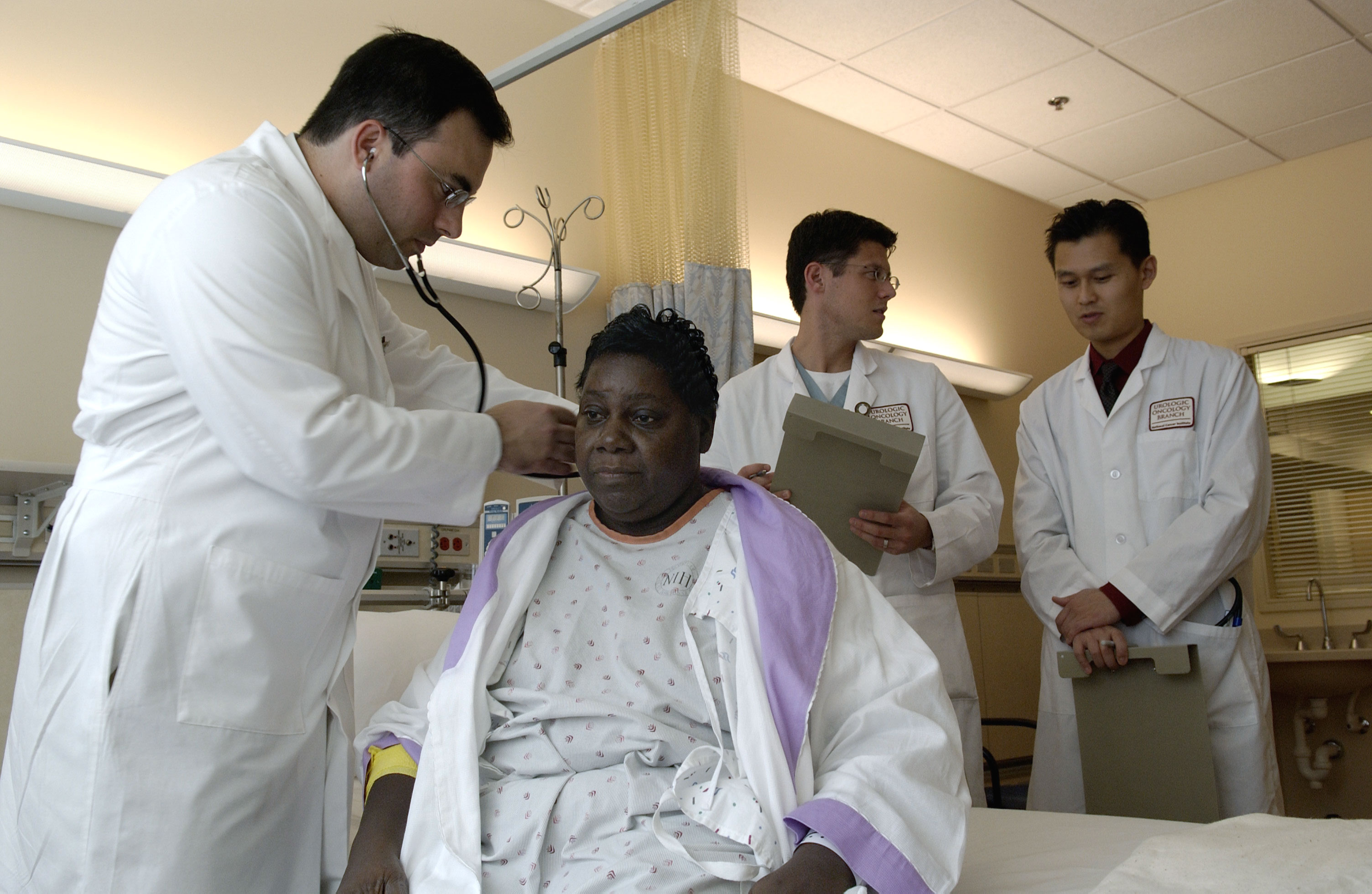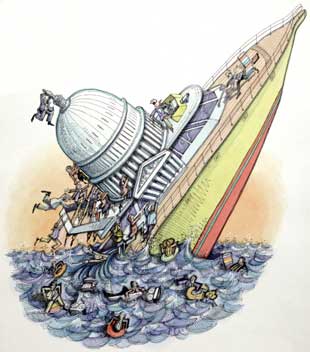When I tell friends I am traveling abroad they sometimes freak out about "how dangerous it is" "what about the terrorism?".
Case in point bomb in Bangkok this year where I will be traveling in October for a conference.
My advice:
- follow your gut
- be careful
- look at the real risk probabilities.
I remember last year all the fear around the coup/martial law in Thailand. It was a complete non-issue once I was on the ground there.
That is also my experience with all other news stories about countries I have visited. The news and US State Dept reports are full of negative hype (that is what sells news) and the reality is completely different. Yes the events happen and they are such a small part of the total reality you have to go looking for them to see them when you are there.
Looking at this from a rational risk probability of death you are far more likely to die other ways
Here are common probabilities of dying (source):
Pedestrian 1 in 47,273
Car occupant 1 in 17,625
While on railway train 1 in 10,283,615
air/ space accidents 1 in 440,951
Fire 1 in 91,149
venomous snakes 1 in 95,980,407 venomous spiders 1 in 28,794,122
Poison/OD 1 in 16,407
Self harm 1 in 9,096
Assault 1 in 16,325
Childbirth (mom) 1 death of mother per 5000 live births in US/EU Terrorism deaths 1 in 1,700,000 to 1 in 20,000,000 (source)
So! I would be far more concerned about risks from cars, suicide/depression, muggings or pregnancy than bombs in bangkok. (Risk reduction: put on seat belt in taxi/pick a safe driver, not walking drunk at 3am in bad neighborhood, self mental health care are all good ways to reduce these risks.)
For a discussion of the real terrorism risk and some insight on to why we spend so much extra time and money on this risk the article in Reason magazine is useful.
Basically both the news media and government get an enormous amount of benefit from amplifying the terrorist threat. The news sell more stories/advertising, the government gets to spend trillions on DHS easily changing laws to control/spy on their citizens.


 Memories with Maya
Memories with Maya
I have had stuff stolen from rooms twice over three years traveling in South America. Tips for better security: